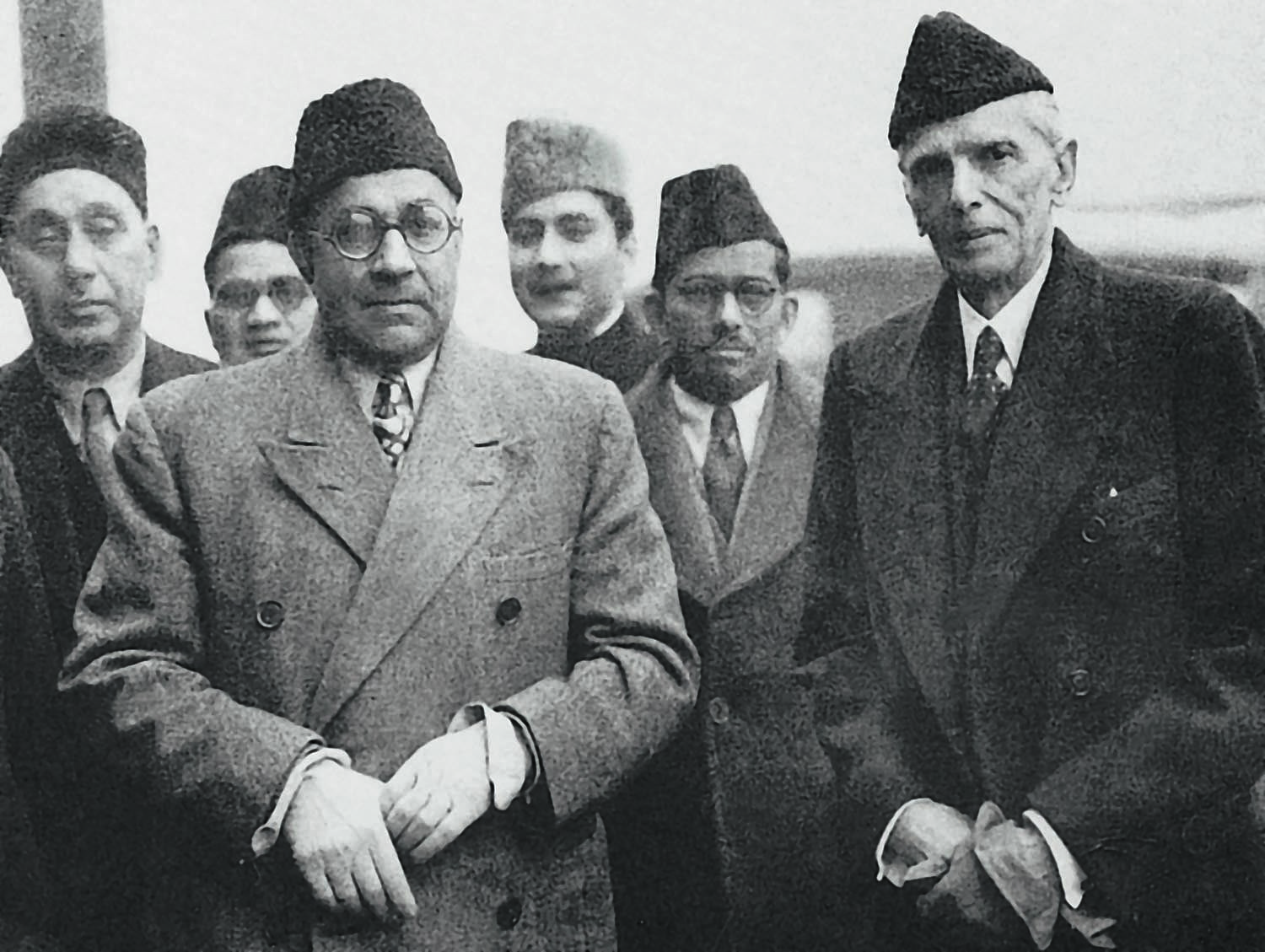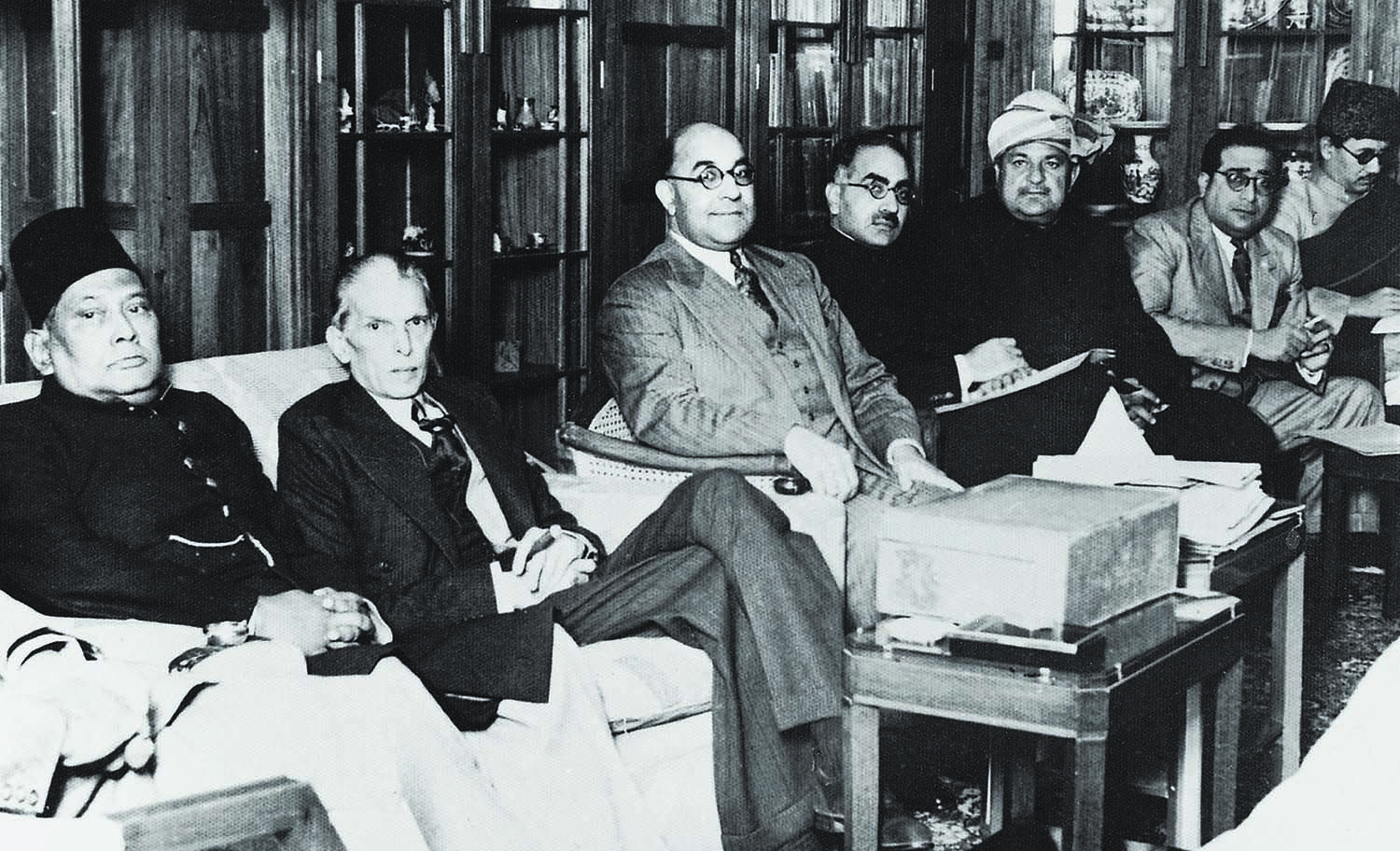The All India Muslim League (AIML) played a pivotal role in the creation of Pakistan, advocating for the rights of Muslims in British India. The first president of All India Muslim League, Sir Aga Khan III, was a visionary leader whose contributions laid the foundation for the political and social awakening of Muslims in the subcontinent. This article explores his life, leadership, and the significant role he played in shaping the destiny of Muslims in South Asia.
Early Life of Sir Aga Khan III
Born as Sultan Mahomed Shah Aga Khan on November 2, 1877, in Karachi (then part of British India), Sir Aga Khan III belonged to the prestigious Ismaili Muslim community. His family held a prominent position in society, which enabled him to gain an exceptional education and develop a deep understanding of global politics and social issues.
Education and Upbringing
-
Aga Khan III received his early education at elite institutions in Bombay and Europe.
-
He was fluent in multiple languages, including English, French, and Persian, which helped him communicate effectively with diverse audiences.
-
His upbringing emphasized both Islamic traditions and modern education, making him a progressive and forward-thinking leader.

Sir Aga Khan III, as the first president of All India Muslim League, played a transformative role in the history of Muslims in the subcontinent. His leadership, vision, and dedication to the community’s welfare not only shaped the political landscape of British India but also laid the groundwork for the creation of Pakistan. His life and legacy continue to inspire generations to strive for education, unity, and progress, embodying the values of courage, wisdom, and service. By honoring his contributions, we acknowledge the critical role he played in shaping the destiny of millions of Muslims and the future of South Asia.
Founding of All India Muslim League
Background
The late 19th and early 20th centuries were marked by political upheaval in British India. Muslims, who had been politically marginalized after the decline of the Mughal Empire, needed a platform to safeguard their rights and interests. Recognizing this need, Sir Aga Khan III, along with other prominent leaders, took the initiative to form the All India Muslim League in 1906.
Role as the First President
Sir Aga Khan III was unanimously elected as the first president of All India Muslim League during its inaugural session in Dhaka on December 30, 1906. His leadership was instrumental in defining the objectives and strategies of the organization.
Key Contributions:
-
Advocacy for Muslim Rights: Aga Khan III emphasized the need for a separate political platform to address the unique challenges faced by Muslims in British India.
-
Bridge Between Communities: As a respected leader, he maintained diplomatic relations with British authorities and other Indian communities, ensuring that Muslim voices were heard.
-
Educational Reforms: He championed education as a means of empowering Muslims, advocating for modern and Islamic education systems.
Sir Aga Khan III's Contributions to the Muslim Community
Educational Initiatives
-
Aligarh Movement: Aga Khan III supported Sir Syed Ahmad Khan’s efforts to establish the Aligarh Muslim University, which became a hub for Muslim intellectual and political thought.
-
Scholarships and Institutions: He funded scholarships and established schools to improve literacy rates among Muslims.
Political Advocacy
-
Simla Deputation (1906): Aga Khan III led a delegation of Muslim leaders to meet the Viceroy of India, demanding separate electorates for Muslims. This was a landmark moment in Indian politics, as it recognized Muslims as a distinct political entity.
-
Role in Indian Councils Act 1909: His efforts were instrumental in securing political representation for Muslims in legislative councils.
Social and Cultural Reforms
-
Aga Khan III worked tirelessly to improve the socio-economic conditions of Muslims, addressing issues such as poverty, healthcare, and women’s rights.
-
He encouraged Muslims to adopt modern practices while staying rooted in their religious values.
Legacy of Sir Aga Khan III
Impact on Pakistan Movement
Although Sir Aga Khan III passed away in 1957, his contributions to the Muslim League laid the groundwork for the Pakistan Movement. His vision and leadership inspired future leaders like Quaid-e-Azam Muhammad Ali Jinnah, who ultimately led the struggle for Pakistan’s independence in 1947.
Recognition and Honors
-
Aga Khan III was knighted by the British government for his services to India and the Muslim community.
-
He was a key figure in international organizations, serving as the president of the League of Nations (the precursor to the United Nations) in 1937.
-
His efforts in education, politics, and social welfare continue to be celebrated globally.
Lessons from Sir Aga Khan III's Life
-
Visionary Leadership: His ability to foresee the challenges faced by Muslims and take proactive steps to address them remains a guiding example.
-
Importance of Education: Aga Khan III’s emphasis on education highlights its role in empowering communities and fostering progress.
-
Diplomacy and Collaboration: His diplomatic skills underline the importance of building alliances and engaging in constructive dialogue.

FAQs
Who was the first president of All India Muslim League?
The first president of All India Muslim League was Sir Aga Khan III, a visionary leader and reformer who played a pivotal role in advocating for Muslim rights in British India.
What were Sir Aga Khan III’s contributions to the Muslim community?
Sir Aga Khan III contributed to education, political representation, and social reforms for Muslims in British India. He supported institutions like Aligarh Muslim University and advocated for separate electorates for Muslims.
How did Sir Aga Khan III influence the Pakistan Movement?
By founding the All India Muslim League and advocating for Muslim rights, Sir Aga Khan III laid the foundation for the Pakistan Movement, which was later led by Muhammad Ali Jinnah.
What is Sir Aga Khan III’s legacy?
Sir Aga Khan III’s legacy includes his contributions to education, political advocacy, and social reforms. He is remembered as a visionary leader who worked tirelessly for the betterment of Muslims.
Why is Sir Aga Khan III considered a role model?
Sir Aga Khan III is considered a role model for his visionary leadership, dedication to education, and efforts to uplift the socio-economic conditions of Muslims in British India.





.gif)








.gif)







Sign in
to continue to ilmkidunya.com